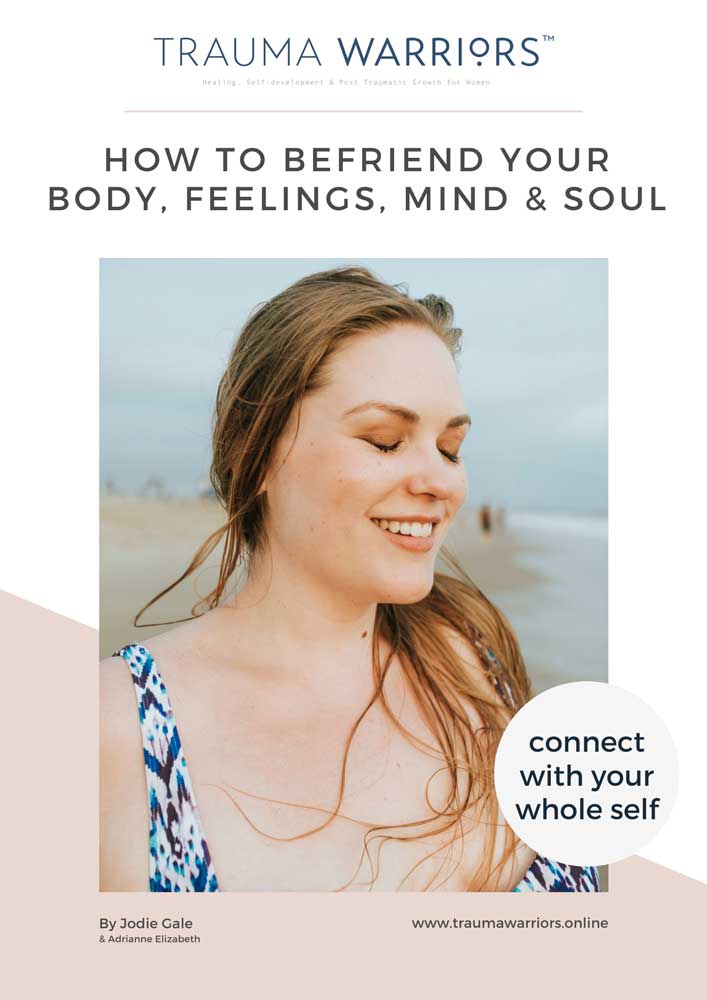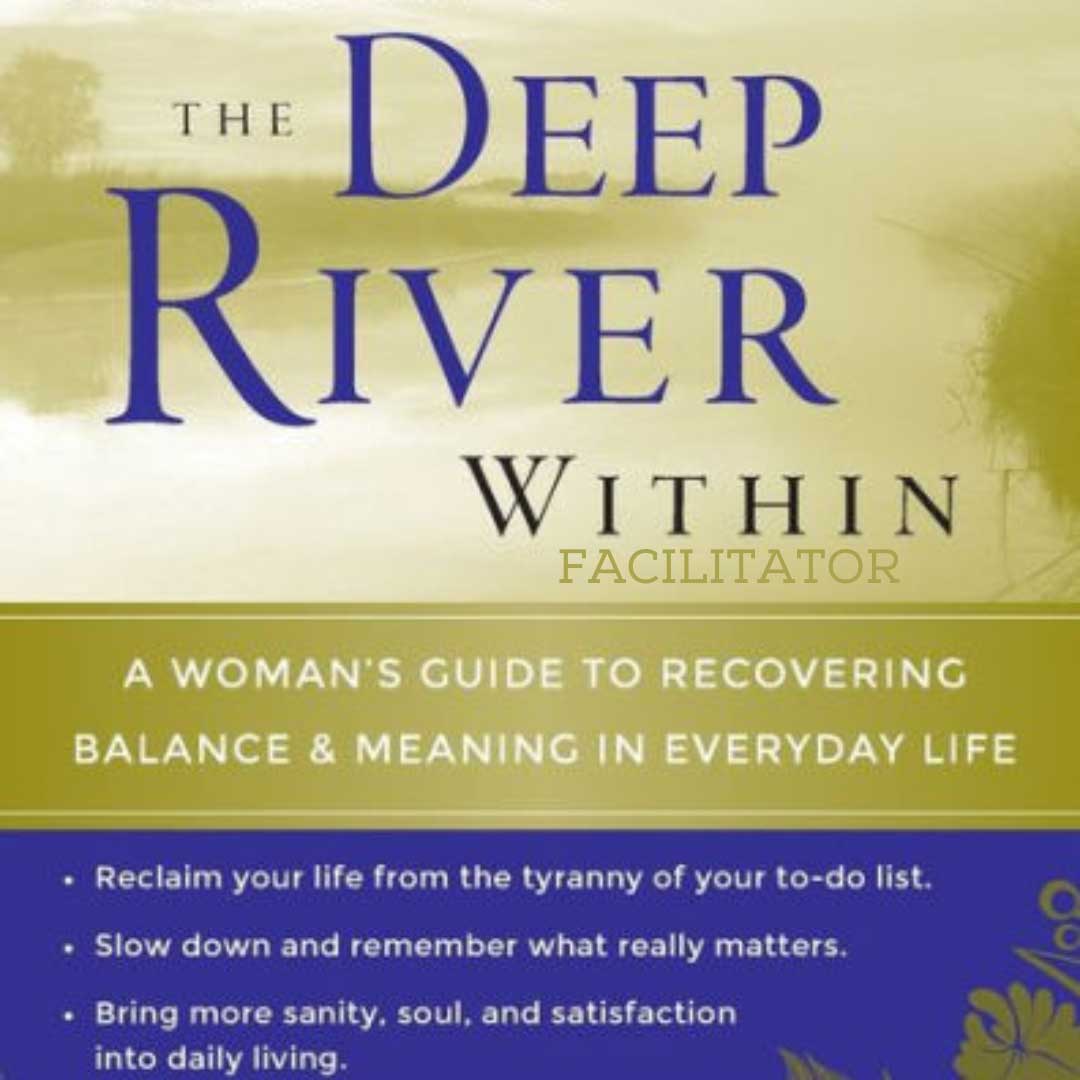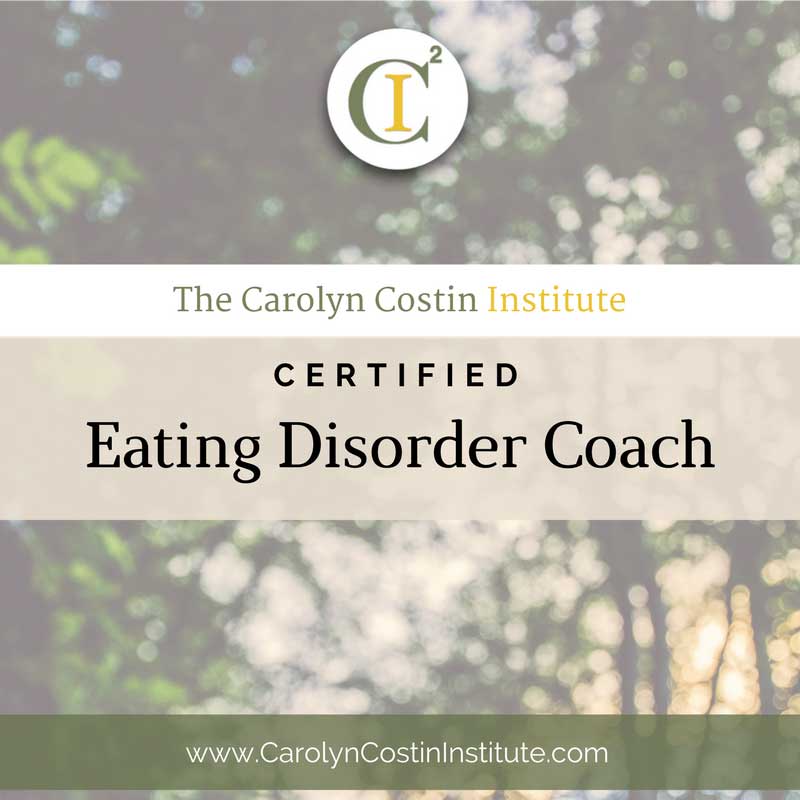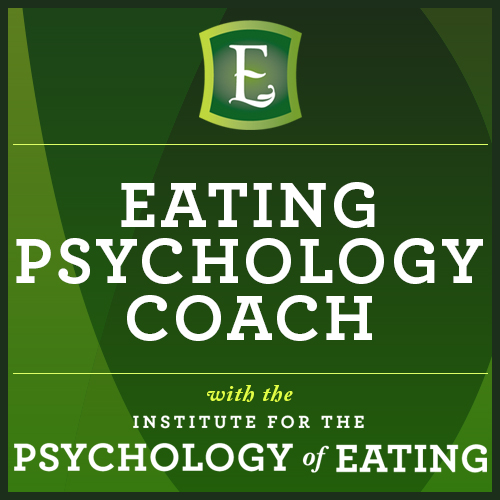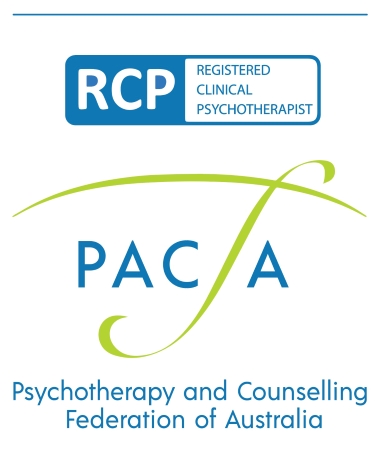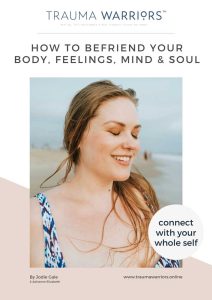Q: WHAT IS PSYCHOSYNTHESIS: A PSYCHOLOGY WITH SOUL?
Psychosynthesis is known worldwide as a psychology with a soul.
Psychosynthesis is a holistic and integrative approach to counselling and psychotherapy that honours the whole person – body, feelings, mind, and Soul. Developed by Roberto Assagioli, it blends Western psychology with Eastern and spiritual traditions to support healing, growth, and transformation. Psychosynthesis recognises the deeper essence within us that calls us toward wholeness, meaning and purpose. Grounded in a hopeful, trauma-informed, and relational approach, it helps people resolve past wounds, build life skills, reconnect with their true self and experience post-traumatic growth. Its enduring relevance lies in its inclusivity, depth, and capacity to support lifelong change.
Q: WHAT IS ECOTHERAPY & NATURE-BASED THERAPY?
Ecotherapy and nature-based therapy invite us into a healing, reciprocal relationship with the natural world. Following a year-long training immersed in daily time in nature, I now integrate outdoor practices such as walk-and-talk therapy, Shinrin-yoku (forest bathing), and creative activities using natural elements into my work. Sessions may also draw on symbolic themes like water, trees, or the seasons, and can take place indoors by bringing nature in through imagery, story, or sensory experience. These approaches help reduce stress, support emotional regulation, and foster a sense of belonging and connection – to both self and the world.
Q: WHAT IS INNER CHILD, SUBPERSONALITIES & INTERNAL FAMILY SYSTEMS (IFS)?
Healing the inner child and working with various inner parts – such as the perfectionist, people-pleaser, or inner critic – is central to this approach. Drawing on Psychosynthesis Subpersonalities, Internal Family Systems (IFS), Jungian Archetypes, and Transactional Analysis (Parent-Adult-Child), it helps clients cultivate self-acceptance, self-compassion and self-kindness while learning to become self-led and fostering authentic integration and personal growth.
Q: WHAT IS EMBODIMENT & SOMATIC PRACTICE?
Embodiment and somatic practice support trauma recovery, nervous system regulation, and the development of emotional resilience. These approaches view the body as central to healing, helping clients tune into felt sensations, increase interoceptive awareness, and build capacity to stay present with their experience. By integrating body-based techniques with depth psychotherapy, this work helps to heal the long-standing split between talk therapy and somatic therapy. Clients learn to safely process stored trauma, access self-regulation tools, and foster a grounded, compassionate connection with themselves and others.
Q: WHAT IS CIRCLE OF SECURITY: ATTACHMENT THEORY IN ACTION?
The Circle of Security framework, originally developed for caregivers and children, can be powerfully applied in adult psychotherapy to support emotional safety, connection, and self-understanding. Using CoS, clients learn to recognise their own attachment patterns, unmet needs, and core emotional vulnerabilities. This approach helps adults develop a stronger internal secure base, become more attuned to their emotional world, and cultivate more secure, compassionate relationships – with themselves and others.
Q: ENERGY PSYCHOLOGY: EMOTIONAL FREDOOM TECHNIQUE – EFT TAPPING
Emotional Freedom Technique (EFT) is a form of energy psychology often described as “psychological acupuncture without needles,” involving gentle tapping on specific acupressure points while focusing on emotions, beliefs, or memories. This mind-body approach helps release trauma stored in the nervous system, which can contribute to anxiety, emotional eating, and other symptoms. Supported by extensive research, EFT reduces stress hormones and addresses root causes rather than just symptoms, providing an empowering way to restore emotional balance – with powerful results literally at your fingertips.
Q: WHAT IS MINDFULNESS?
Mindfulness – also understood as present-moment awareness – has become widely recognised in psychology for its benefits in treating anxiety, depression, trauma and eating-related issues. Rooted in both ancient contemplative traditions and modern clinical practice, mindfulness involves paying attention intentionally, in the present moment, and without judgment (Kabat-Zinn). Regular practice can reduce stress, support emotional regulation, and cultivate greater self-awareness, compassion, and inner calm. It helps clients relate more skillfully to painful thoughts and feelings, deepen connection to self and others, and live with more balance, clarity, and conscious intention.
Q: WHAT IS EATING DISORDER COACHING, DYNAMIC EATING PSYCHOLOGY & PLANT-BASED NUTRITION?
Carolyn Costin Eating Disorder Recovery
As a Certified Carolyn Costin Eating Disorder Coach, I support clients through the 8 Keys to Recovery, using conscious eating and intuitive self-care to foster lasting change. This approach is compassionate, practical, and rooted in the belief that full recovery is possible.
Eating Psychology & Mind Body Nutrition
Drawing on Dynamic Eating Psychology and Mind Body Nutrition, I help clients explore the deeper emotional, mental, and spiritual hungers beneath their struggles with food and body. This uplifting, body-wise approach reframes eating challenges as opportunities for insight, growth, and reconnection.
Vegetarian, Vegan & Plant-Based Nutrition
With a certificate in vegetarian and vegan nutrition, I support clients – particularly highly sensitive people – who choose plant-based eating as a conscious, values-based lifestyle. My approach affirms these choices while exploring the emotional and relational dynamics tied to nourishment and body image.
Q: WHAT IS HEALTH AT EVERY SIZE – HAES®?
Health at Every Size® is an evidence-based, non-diet approach that focuses on health and wellbeing rather than weight. Rooted in principles of weight inclusivity, respectful care, intuitive eating, and joyful movement, HAES® encourages people of all sizes to reconnect with their body’s innate wisdom and build a respectful, trusting relationship with food, body, and self. This paradigm challenges weight stigma and promotes equitable access to care, helping individuals transform their relationship with eating and movement, and advocate for size diversity in all areas of life.
Q: WHAT ARE SOME OTHER TECHNIQUES AND THEORIES TO SUPPORT YOUR THERAPEUTIC TRANSFORMATION AND CHANGE
I draw from a broad range of theories, techniques and experiential exercises to support your transformation and change. These always depend on your level of comfort.
Theories
Acceptance commitment therapy (ACT) | Attachment and trauma theory | Cognitive behavioural therapy (CBT) | Eco-psychology | Existential psychology | Feminist and women’s psychology | Gender psychology | Health at every size (HAES) | Humanistic psychology | Indigenous women’s business | Internal Family Systems | Psycho-spiritual wisdom | Jungian psychology | Mindfulness | Neuroscience | | Object relations | Psychoanalysis | Psychosynthesis | Sociology | Somatic theory and practices | Systems and family therapy | Transpersonal and Spiritual psychologies.
Techniques
Talk therapy | Dream exploration | Symbolic art work | Fairy tales, myths and stories | Journaling | Creative visualization | Meditation and mindfulness | Homework and self-reflection | Reading | Self-care practices | Somatic exercises| Psycho-education
Self Reflection & Self Care at Home


